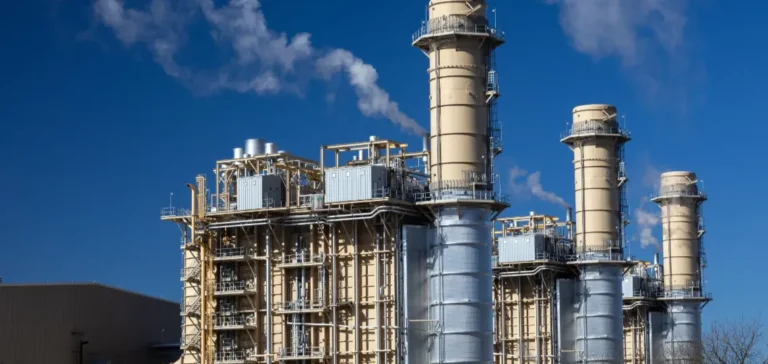The United States Department of Energy has extended the operation of an oil-fired unit at the Wagner power plant, operated by Talen Energy, in the state of Maryland. The decision allows the unit to run beyond standard regulatory thresholds through the end of 2025. The measure was ordered by Energy Secretary Chris Wright to support grid reliability in the PJM Interconnection region, which manages electricity transmission across a large portion of the US Northeast.
Emergency measures in response to capacity concerns
The unit, with a capacity close to 400 megawatts, was initially slated for permanent shutdown in May. However, a prior decision by the Federal Energy Regulatory Commission (FERC) authorised continued operations until 2029. The Department of Energy cited a “persistent resource adequacy concern,” echoing the justification provided by PJM in a request submitted last July.
The action comes amid the “energy emergency” declared by President Donald Trump at the start of his second term. The administration has taken several steps to maintain operations at ageing fossil fuel plants while reducing tax support previously granted to renewable energy projects.
Additional sites also kept online
The Department of Energy’s intervention is not limited to the Wagner facility. Chris Wright also ordered the continued operation of a coal-fired plant in Michigan and another unit in Pennsylvania that runs on natural gas or oil. These decisions align with a broader federal strategy to secure energy supply and prevent capacity shortages during peak demand periods.
Federal authorities justify the exemptions on the basis of service continuity and increasing electricity demand pressure. No information has been provided regarding environmental impacts or potential legal challenges related to the extended operations.






















